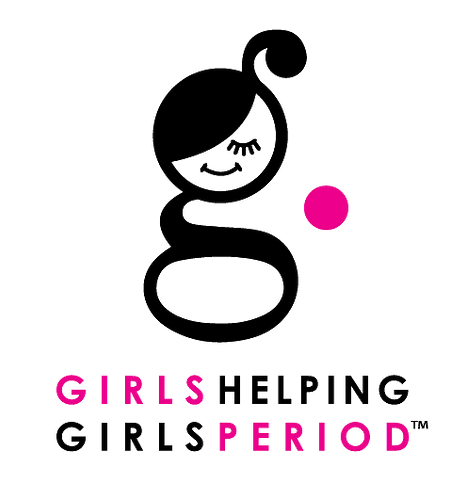By Crystal L. Jackson, RN
We are only in bloom for a season. The average age at the start of menarche is twelve years and menstruating persons will spend on average $20 per cycle. That adds up to thousands of dollars spent over a lifetime considering women will have a menstrual cycle for roughly forty years. Unfortunately, some families may not have the extra money to spare.
Period poverty is a public health crisis that disproportionately affects low-income women and girls. Low-income families must often prioritize immediate needs such as paying a utility bill or buying groceries over purchasing a menstrual product. This is a painful reality and creates a barrier to accessing a basic necessity, leading to poor menstrual health and hygiene among this vulnerable population.
There have been periods in my life, such as when I was a “broke college student,” where I struggled financially and had difficulty purchasing menstrual products. Oftentimes I would have to settle for the cheapest products available that were not necessarily my first choice or appropriate for my menstrual cycle, such as purchasing “light flow” products even though I have a heavy flow, or buying a smaller quantity of products that would run out before my cycle ended. When money was really tight I had to find alternative ways to stop the flow, such as makeshift pads of rolled toilet paper, wearing multiple layers of underwear, or resorting to unsafe practices like rationing products by overwearing single pads and tampons which can cause pelvic inflammatory disease, toxic shock syndrome, and infertility. These risky menstrual hygiene practices are intimate things that are unseen and unspoken, and I felt embarrassed and ashamed of my body for doing what it was intended to do.
Sadly, I am not alone. Lack of access to menstrual products can lead to feelings of shame, anxiety, depression, low self-esteem, and adds to the stigma surrounding periods and women’s bodies.
The menstrual product market is a multimillion dollar industry that prioritizes profits over people with periods. Over half of the planet menstruates, yet many low-income women and girls are left without access.
No woman should be ashamed of her body. No woman should have to miss work and no girl should have to miss school for lack of having a menstrual product and fear of bleeding through clothes. Menstruation, an involuntary bodily process, should not be traumatic or a burden. Menstrual products should be free and widely accessible. It is a human right. Women and girls have a right to a safe menstrual cycle while retaining their dignity.
p.s. Period Stories. Everyone has a story to tell. All stories are welcome, whether or not you get or will get a period. If you’d like to share a story, click here.


